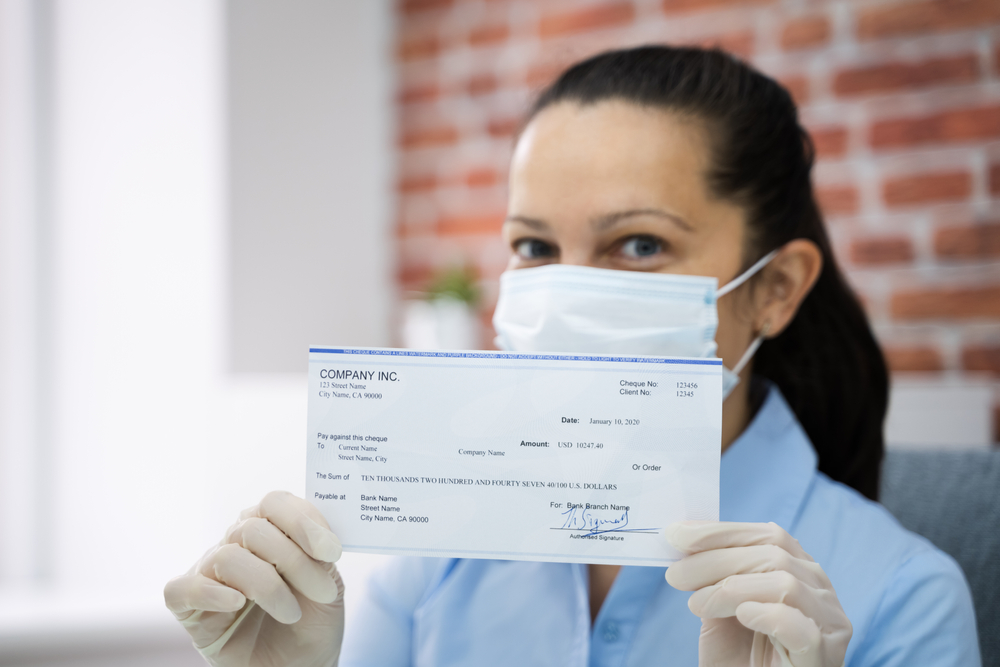The Paycheck Protection Program (PPP) loans are part of a U.S. government initiative designed to provide financial relief to small businesses struggling in the wake of the COVID-19 pandemic. These loans help businesses keep their workforce employed and sustain daily operations. This article will explore what PPP loans do, the qualification criteria, and where to find PPP loans.
What do PPP loans do?
The PPP loans are designed to provide a direct incentive for small businesses to keep their workers on payroll. The Small Business Administration (SBA) will forgive these loans if all employees are kept on the payroll for eight weeks and the money is used for payroll, rent, mortgage interest, or utilities. This means that businesses can essentially transform the loan into a grant, as long as they adhere to the specified guidelines.
The main aim of PPP loans is to help small businesses maintain their existing workforce and pay for other essential expenses during this challenging period. It serves to alleviate the financial strain on businesses, ensuring they can retain staff and continue operations, even if revenue has significantly decreased.
PPP Loans Qualifications
The PPP loans are available to small businesses with 500 or fewer employees, including non-profits, veterans’ organizations, tribal concerns, self-employed individuals, sole proprietorships, and independent contractors.
The qualifications for PPP loans are based on several factors. Firstly, the business must have been operational as of February 15, 2020. Secondly, the business must have paid salaries and payroll taxes or paid independent contractors, as reported on Form 1099-MISC.
The business must also demonstrate economic injury as a direct result of the COVID-19 pandemic. This could be a significant reduction in revenue, difficulty in paying rent or utility bills, or a shortfall in capital leading to business instability.
Where to find PPP loans
PPP loans are provided by approved SBA lenders, including banks, credit unions, and other financial institutions. The SBA guarantees 100% of the loan, and there is no requirement for collateral, personal guarantees, or SBA fees.
Businesses can apply for a PPP loan from any existing SBA 7(a) lender or through any federally insured depository institution, federally insured credit union, and Farm Credit System institution that is participating.
To find a PPP loan, businesses should first consult with their local lender to see if they are participating in the program. The SBA also provides a tool on their website to help businesses find lenders in their area.
Businesses should prepare necessary documentation such as payroll processor records, payroll tax filings, or Form 1099-MISC, or income and expenses from a sole proprietorship to provide to the lender.
In conclusion, PPP loans offer a lifeline to small businesses impacted by the COVID-19 pandemic by helping them maintain their workforce and cover essential expenses. The loans are unique in the sense that they can be fully forgiven if the funds are used appropriately, essentially converting them into grants.
While the qualification criteria are straightforward, it’s essential for businesses to demonstrate the financial impact of the pandemic to be eligible. By offering these loans, the government aims to support businesses and keep the economy afloat during these challenging times.
Finally, PPP loans can be obtained from SBA-approved lenders, and businesses should consult with their local lenders or use the SBA’s online tool to find a participating lender. With the aid of PPP loans, businesses can navigate through this economic crisis and emerge stronger on the other side.


